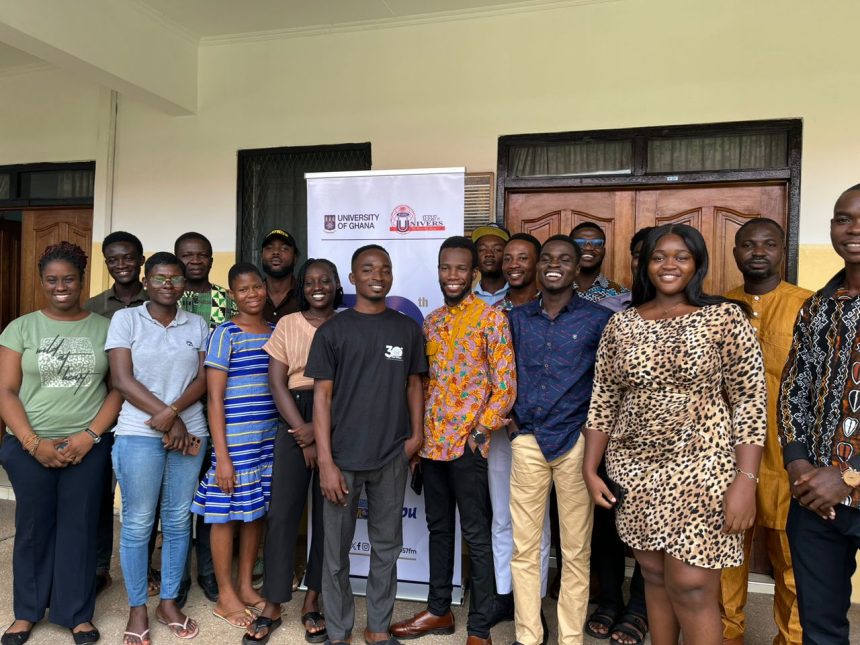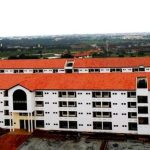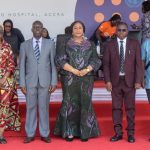As part of its 30th anniversary celebrations, Radio Univers organized a workshop to equip journalists with skills needed for elections news reportage.
Taking place at the University of Ghana SRC Union Building, facilitators of the workshop were Emefa Apawu (Joy News), Rabiu Alhassan (GhanaFact), and Jonas Nyabor (The Africa Report). The workshop was aimed at enhancing journalists’ skills in covering elections accurately and responsibly, with topics including election misinformation, data handling, and reporting techniques.
Addressing the issue of security in elections reportage, head of the security desk at Joy News, Emefa Apawu urged journalists to acknowledge the potential dangers of their profession and prioritize their safety above all else.
“Understanding the risk [with election coverage] is key because many of us may be excited about wanting to be part of the elections and wanting to, you know, cover, but we need to understand the risks involved. If this is your first time going to cover the 2024 election, it’s a crucial election. Some have said it’s a boot-for-boot election, it’s a do-or-die affair, but of course, I believe that it will be the most peaceful election.”
She advised journalists to update their skills through training ahead of the elections to ensure they are well-equipped to handle the challenges of election coverage.
Ms. Apawu also admonished journalists to uphold ethical reporting standards, ensuring their coverage is both accurate and impartial.
“And amidst all that, you need to adhere to ethical reporting standards to ensure accurate and impartial coverage. But don’t let your biases show in your reportage. There are some people that we’ve seen to the point of tears when their candidate was losing when they had to report from the ground. It’s difficult but make sure you adhere to ethical standards whilst you’re on the ground.”
“I conclude on the fact that as journalists, your particular role in election coverage is vital to upholding the principles of democracy. Democracy is on our lap at this point. By following these guidelines, you can ensure your safety, your family’s safety and the entire country as a whole, and also the quality of journalism that you exhibit that day, which is very key.“
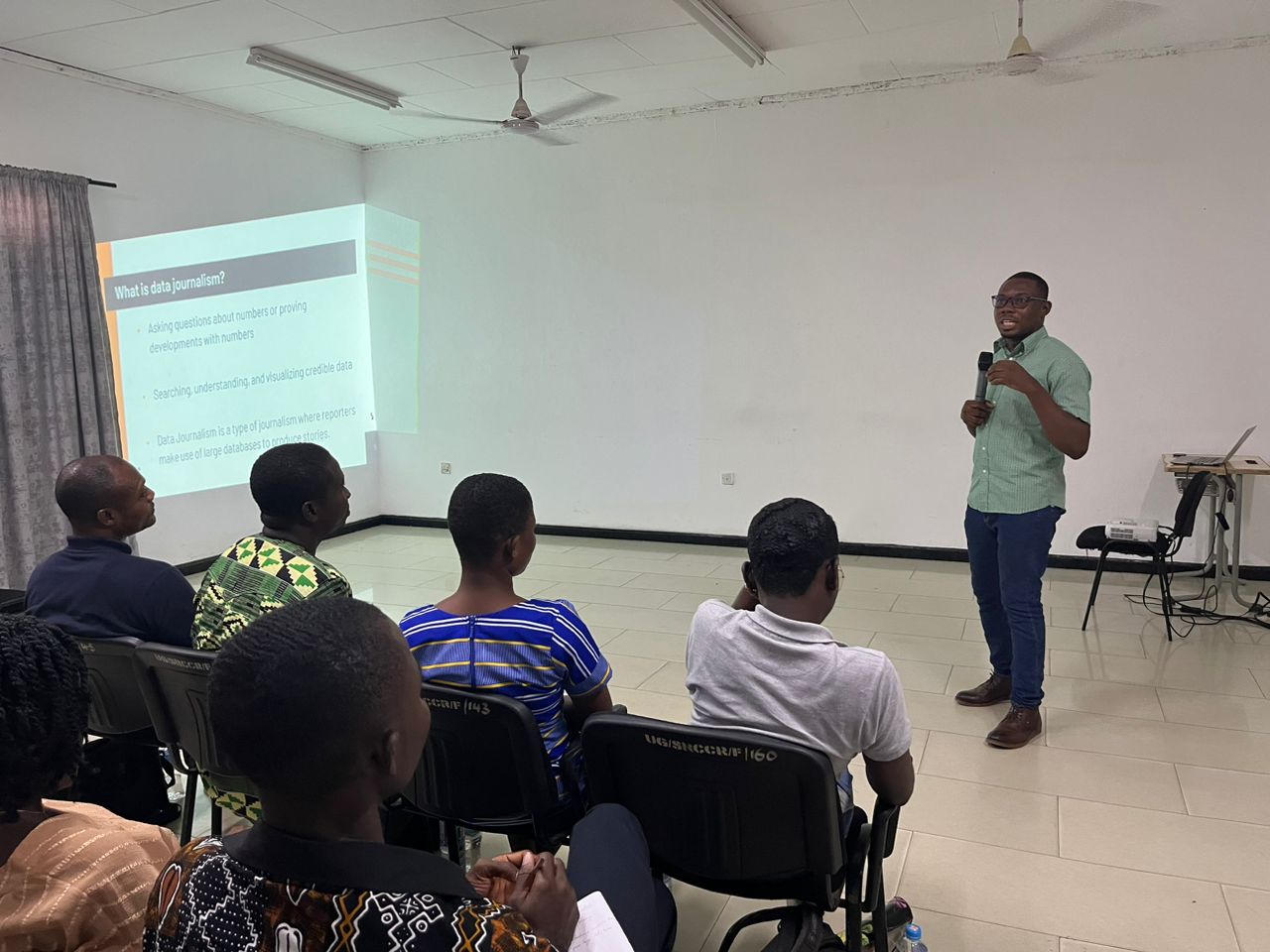 Journalist at The Africa Report, Jonas Nyabor defined data journalism as a storytelling approach that combines numerical data with contextual information to create a more comprehensive and engaging narrative.
Journalist at The Africa Report, Jonas Nyabor defined data journalism as a storytelling approach that combines numerical data with contextual information to create a more comprehensive and engaging narrative.
“…production, and distribution of reports on events must be based on facts, whether it’s true or evidence. Well, we will tell you that our journalism is based on data, which is either a set of quantitative or quantitative values.”
“One of the key questions or one of the key issues that go around is about access to data in Ghana or how difficult or how easy is it to get data in Ghana? And it’s quite difficult. Often, you easily see or find data online, data spaces. So we combine that to get those data and then you do your analysis.”
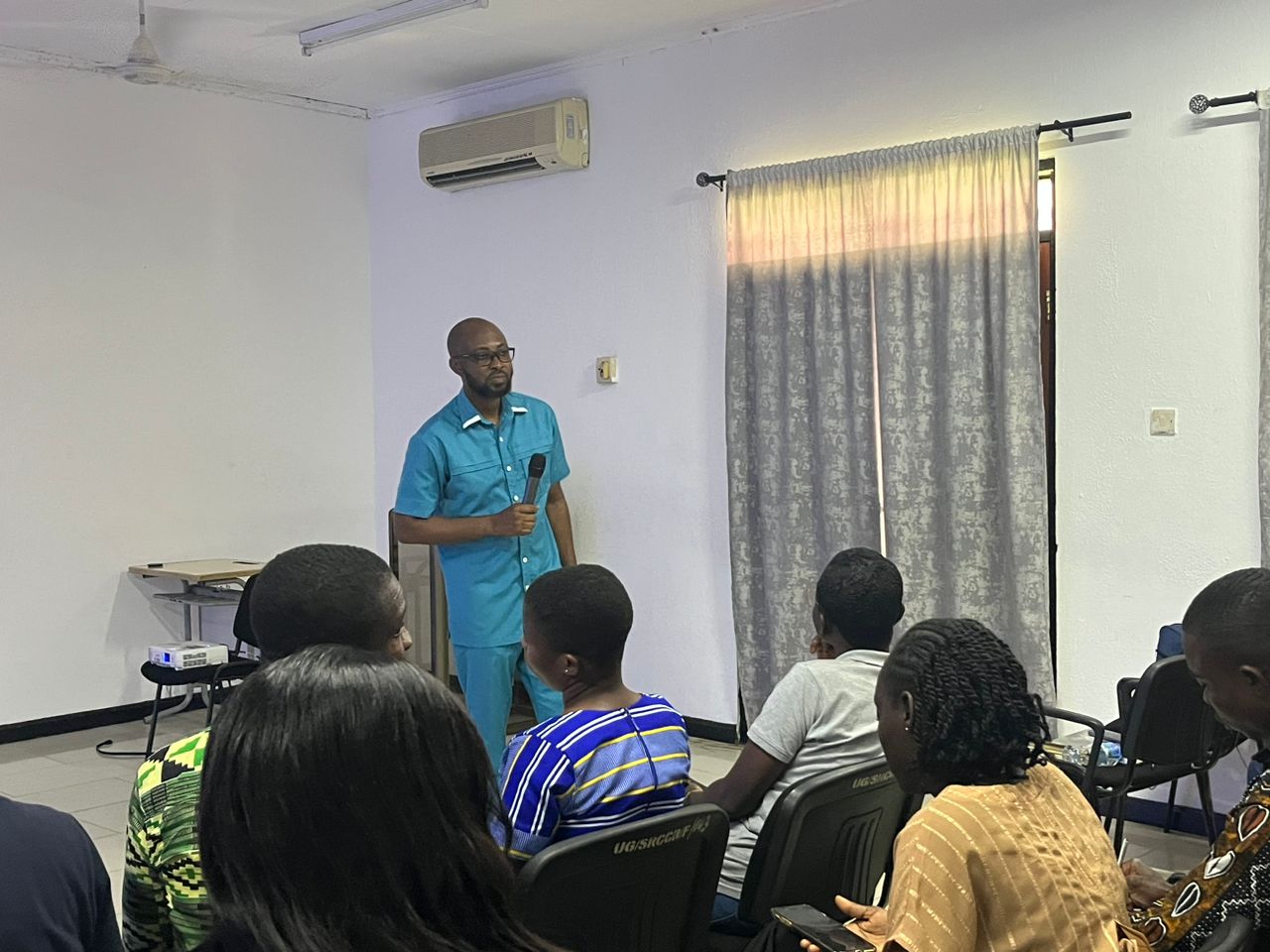 Founder and Managing Editor of GhanaFact, Rabiu Alhassan covered the topic on election misinformation, advising journalists to beware of fake news outlets or parodies to avoid inaccuracies in reportage.
Founder and Managing Editor of GhanaFact, Rabiu Alhassan covered the topic on election misinformation, advising journalists to beware of fake news outlets or parodies to avoid inaccuracies in reportage.
He also insisted that journalists must uphold their ethics and avois bias in their reportage, whilst offering suggestions on how to reach his outfit to address misinformation on platforms they site.
“We are journalists who have worked over a number of years, and we insist that we are independent and non-partisan in our works. And based on that, we try to create more work. Your own feedback is also crucial in terms of what you do, where if you go through a function, you need to find something and you want to alert us, maybe you can actually reach out to us so we can assess and see if we want to add whatever extra information we have for us.”
–
Story by: Jennifer Loman | univers.ug.edu.gh

